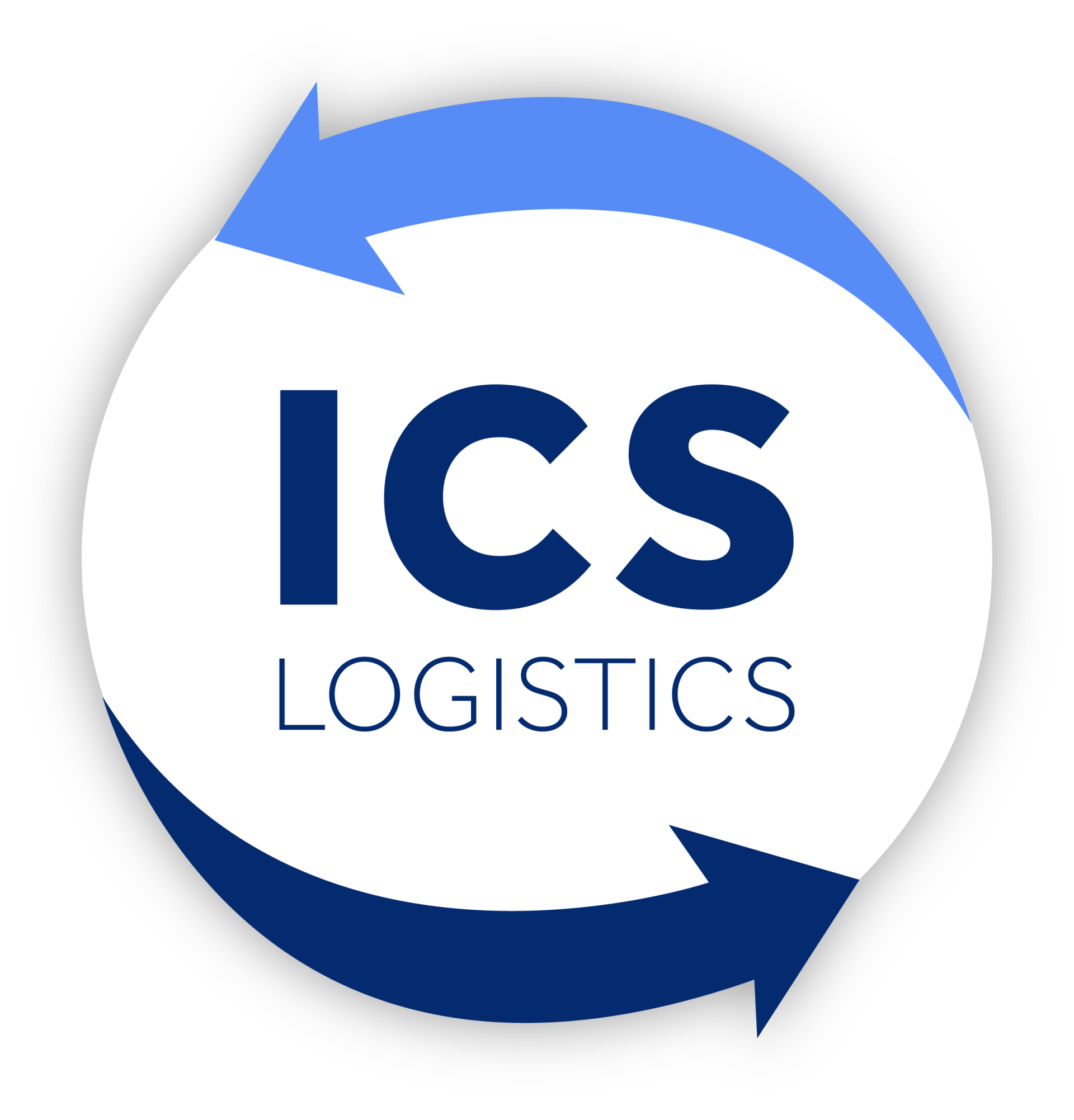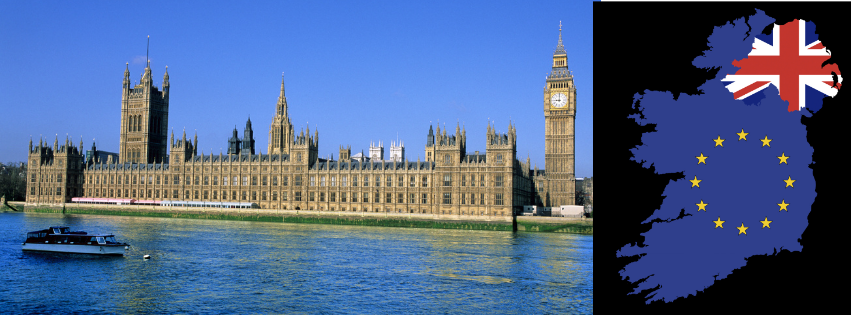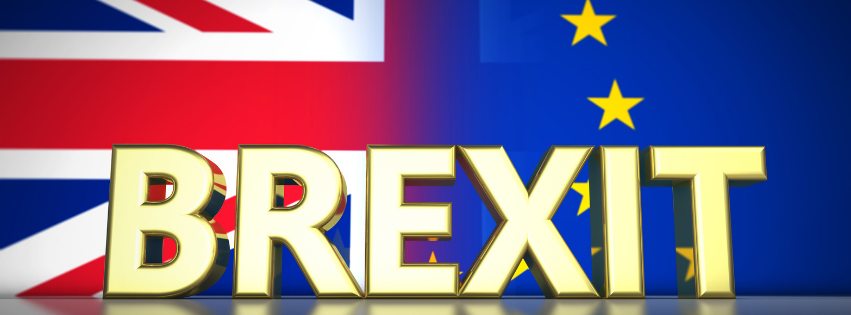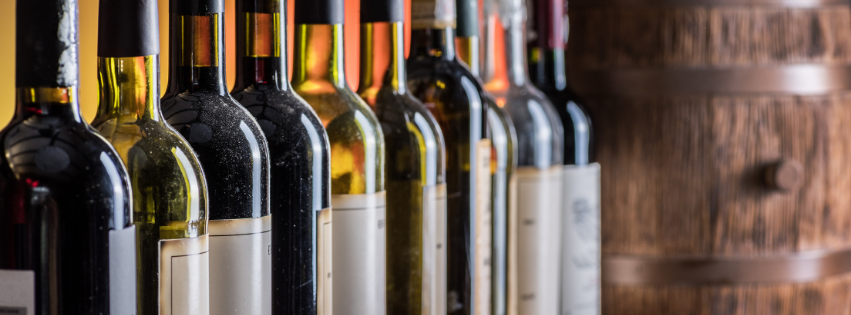EU Tariffs on EU Goods via Great Britain
Ian Simmonds • 7 February 2021
EU to EU distribution via Great Britain is liable to a tariff on re-entry to the EU.
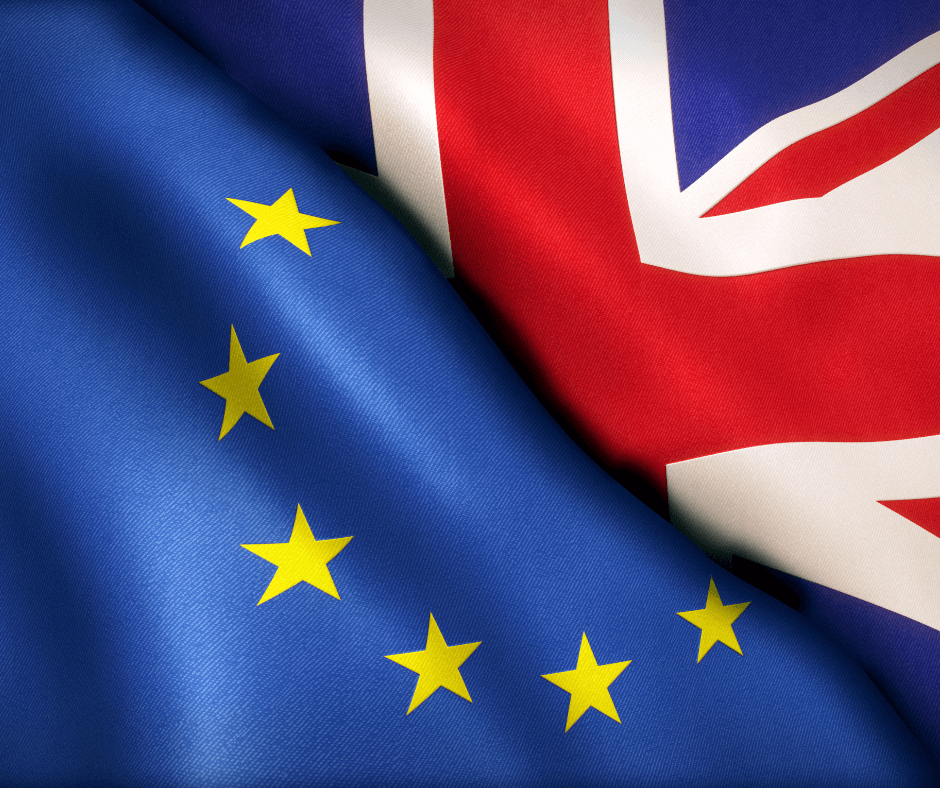
EU Tariffs on EU Goods via Great Britain
The EU-UK Trade and Cooperation Agreement (TCA) came into force on 24 December 2020 and provides zero tariffs and zero quotas between the European Union (EU) and Great Britain (GB). The agreement states that it will preserve the immense benefits of free trade for millions of people in the United Kingdom (UK) and across Europe. But does it?
“There appears to be some areas where the agreement does not provide zero tariffs on EU products moving between EU countries via GB.“
Many established supply chains across the EU utilise distribution centres within GB for cost-effective bulk storage of a wide range of products which can be ordered by customers within GB and the EU. There are now difficulties concerning this important route to market due to the rules of origin stated within the TCA. Under the current rules, products imported from the EU into GB qualify for zero tariffs. If the same goods are then supplied to a customer within the EU, full tariffs are due on re-importation back into the EU.
EU Customs Authorities state:
These goods have not been altered or processed and therefore they have not acquired UK origin. The EU-UK FTA tariff preferences cannot be claimed because the goods need to be of UK preferential Origin to avail of the 0% tariff. These goods are EU origin and therefore liable to a tariff on re-entry to the EU.
Example:
A manufacturer in Germany supplies EU qualifying products to a GB company and zero tariffs applies. The GB company places the products within their common stock warehouse and later they are purchased by a company in the Republic of Ireland. Under the TCA rules of origin for preferential trade, these goods when imported into Ireland are not covered by the agreement and full tariffs apply.
There are a range of solutions for this issue, however many EU and GB companies did not have time to prepare for these unreasonable origin rules. Implementing possible solutions, such as Transit, Inward Processing, Returns Goods Relief, Customs Warehousing or using supply chains that avoid GB will take time to put in place and may not be cost effective. Each of these solutions for moving products via GB have specific circumstances attached to them and these circumstances will determine the best movement type for the products.
Transit
Product movements between Ireland and other EU countries by road through GB can utilise the UK Landbridge using the Customs Transit Procedure. The Customs Transit procedure allows for the temporary suspension of UK customs and commercial policy measures that would be applicable at GB import and GB export.
Inward Processing
The inward processing procedure allows businesses to import goods for processing/manufacturing under UK customs supervision without the goods being subject to import duties. The UK duty liability is discharged when the goods are re-exported out of the UK.
The EU Customs Authorities state:
The amount of processing on the goods will determine if duties must be paid on re-export to the EU. These goods can only qualify for preferential origin under the EU-UK Trade and Cooperation Agreement (TCA) on re-export to the EU if the processing meets the requirements as specified in the Product Specific Rule (PSR) for the product in the EU-UK TCA. If UK preferential origin can be proven, preferential origin can be claimed on re-export to the EU under the TCA. The advantage of using Inward Processing is that the import duties due on import into the UK are suspended.
Returns Goods Relief
Businesses can re-import goods back into the EU without payment of Customs Duty and Value-Added Tax (VAT) if the EU Returned Goods Relief conditions are met. The goods must be re-imported in an unaltered state, apart from any work that may have been carried out to repair them, maintain them or restore them to good condition. In addition, the Importer must present the original proof of export from the EU to avoid any customs duties. If the EU return is via a different economic operator to the one who completed the export formalities, then Import VAT is chargeable.
This process currently does not have a provision to cover products of animal origin (POAO), which are subject to Sanitary and Phyto-Sanitary (SPS) requirements. Therefore, re-import into the EU from GB is treated as an import from a 3rd country, so full tariffs and full import controls may apply. The EU common agricultural policy sets out specific conditions for claiming relief from import duty.
Customs Warehousing
EU goods can be moved into GB using the transit procedure and kept in a customs warehouse in the UK, therefore keeping their EU preferential origin status. Businesses with adequate stock control systems can store EU and 3rd country stock without the need to physically segregate. The same is true of duty paid stock and duty unpaid stock, providing stock control systems are adequate.
The EU Customs Authorities state:
When EU originating goods are brought into the UK from an EU member state under a T2 transit procedure, remain under customs control in a customs warehouse and undergo no production/transformation while in the UK, the goods can be returned to the EU under another T2 Transit procedure provided that they have not been altered other than for preservation or splitting of consignments without replacing the packaging. By using a transit started in the EU, a customs warehousing authorisation in the UK followed by another transit from the UK to the EU, the Union status of the goods is maintained, and import/export tariffs are not incurred.
This process does not cover products of animal origin (POAO), which are subject to Sanitary and Phyto-Sanitary (SPS) requirements once they have been unloaded and placed in the customs warehouse. Therefore, the re-import of these products would require Export Health Certificates and may be subject to full tariffs and full import controls.
If you would like more details, please call +44 (0) 118 932 8447 or email info@icslogistics.co.uk

We provide IOR services for foreign importers and take care of every phase of the importation from customs clearance to the payment of duties and taxes. As the IOR for your products we are responsible for all paperwork relating to import of your products, customs classification and we will arrange the payment of duties and taxes.
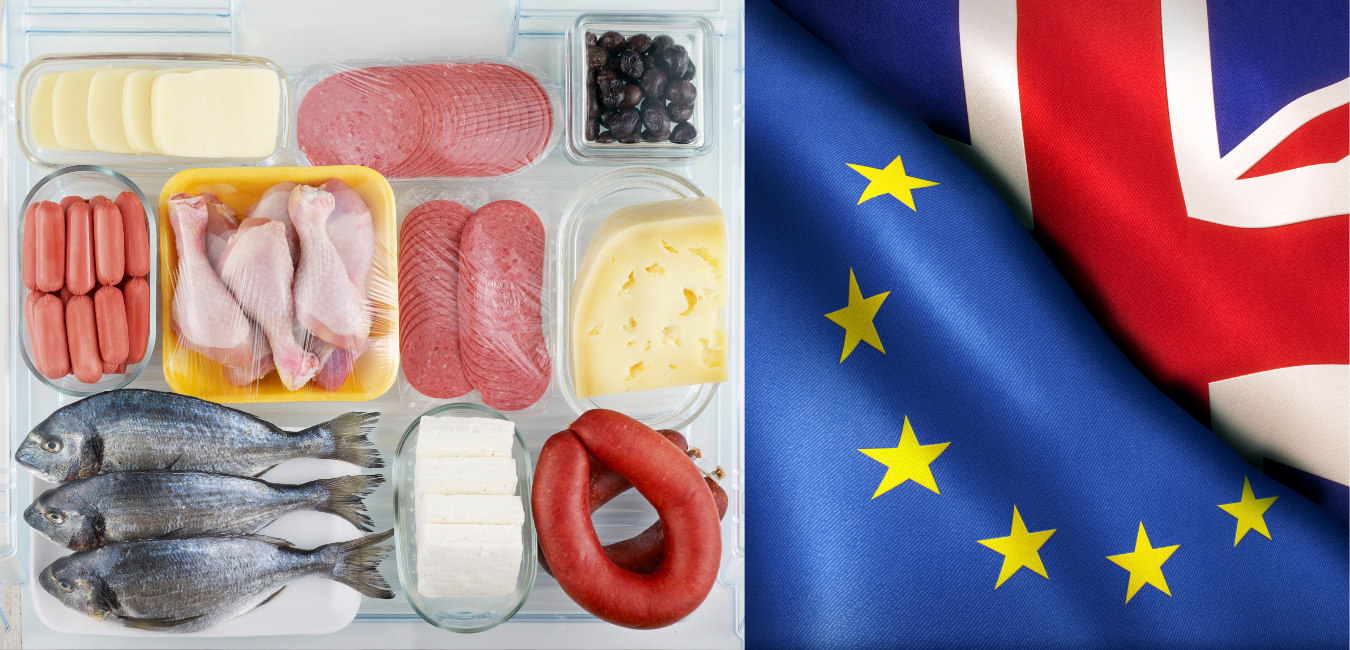
Not having clearly defined export / import processes with the EU caused unnecessary documentation issues resulting in long delays at the ports and some vehicles being sent back to the UK. Exporters of food products from Great Britain (GB) were especially impacted due to their Export Health Certificates (EHCs) not being compliant with EU import regulations. Food exporters and their Official Veterinarians complete and issued these certificates in compliance with the directives of the Department for Environment Food & Rural Affairs.
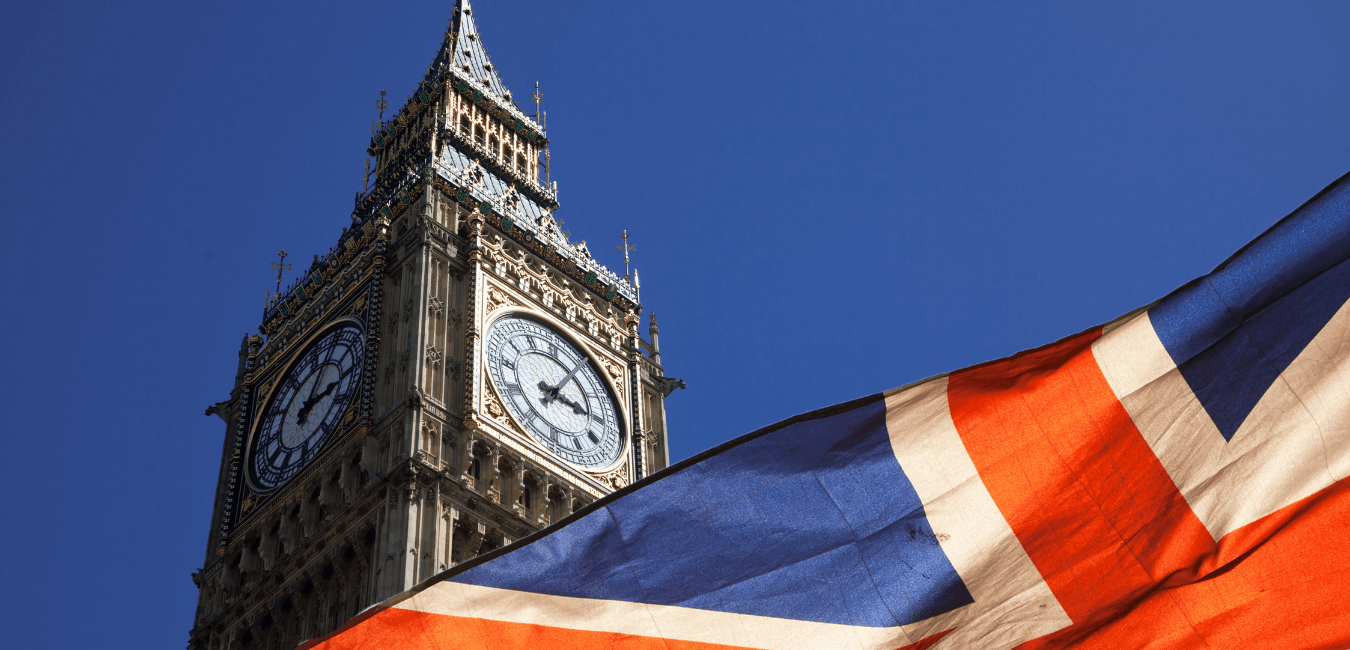
We have been developing contingency plans to ensure our customers’ products are delivered correctly after 1 January 2021. Significant changes will occur once the UK has left the EU. All UK businesses will be required to provide Customs documentation for products exported to, or imported from the EU, even with the ‘EU Deal’ on Brexit.
ICS, as part of our customer services, will be supporting companies with the necessary Customs documentation to comply with the new regulations.
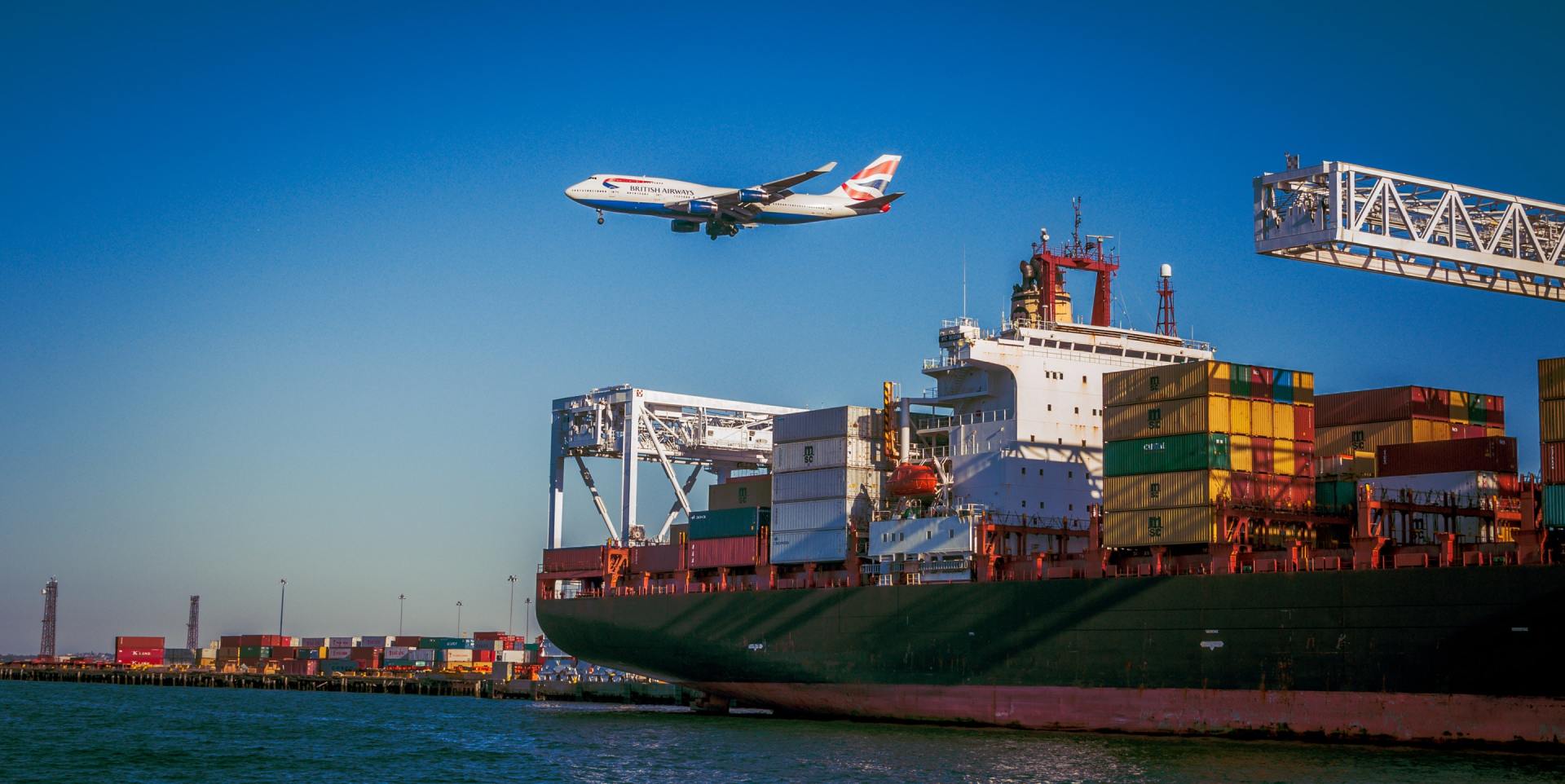
The Government announced, during the Budget, that on 1 January 2021 Postponed VAT Accounting (PVA) will be introduced on imports. Currently, imported goods from a non-EU country are liable for payment of import VAT at the same time as customs duty. The process will provide importers with a new cashflow benefit, as they will be able to postpone VAT at the time of import, as opposed to paying it immediately upon importation.
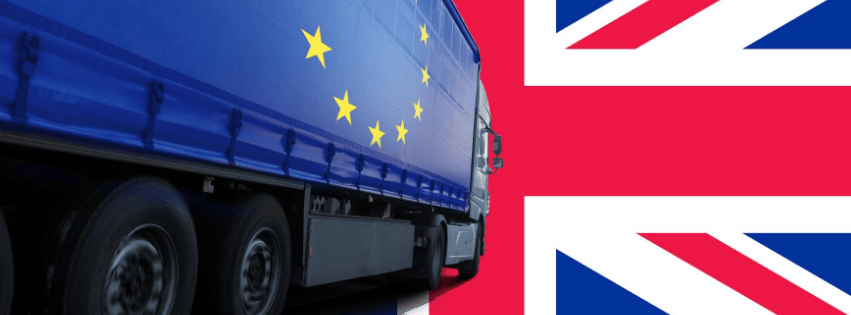
The UK Government have stated that on 1 January 2021 the transition period with the European Union (EU) will end and the United Kingdom (UK) will operate a full, external border as a sovereign nation. This means that controls will be placed on the movement of goods between Great Britain (GB) and the EU.
The UK Government have recognised the impact of coronavirus on UK businesses’ ability to prepare and therefore have announced that they will implement full border controls on imports coming into GB in three stages up until 1 July 2021.
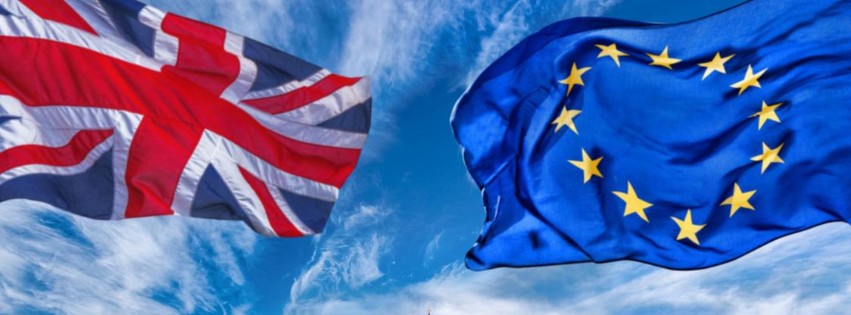
The UK Government has now released their new Import and Export Guides for the end of the Transition Period. The guides have been designed to provide a step-by-step process and aim to provide clarity around what is required at the end of the year. When it comes to following the new import / export processes and completing your Customs declarations, we can provide you with assistance and support.
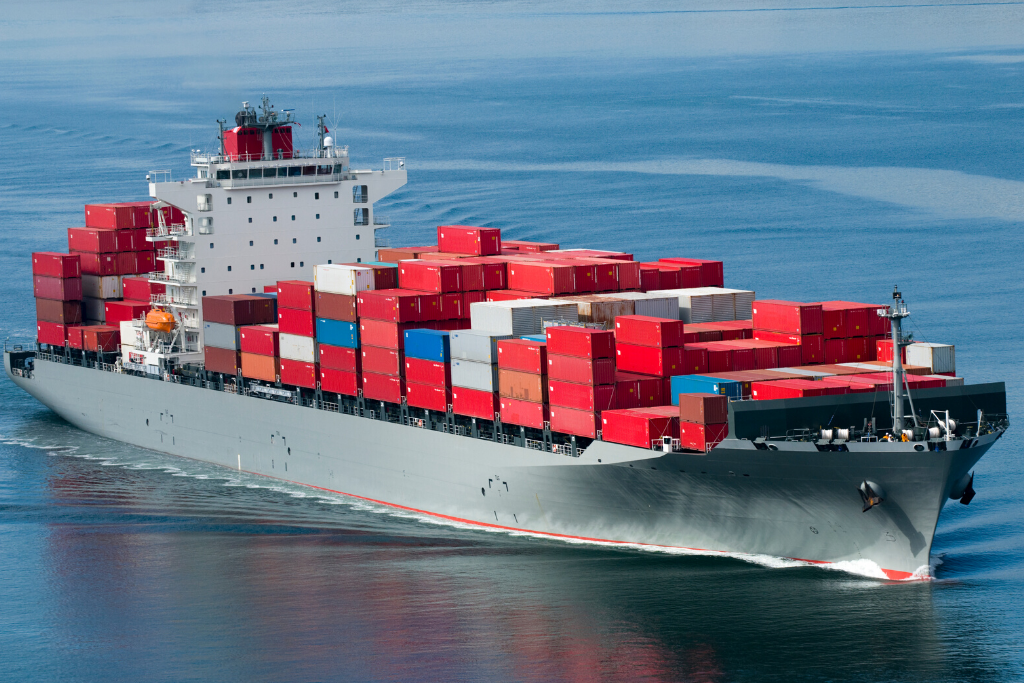
Your choice of Incoterms® 2020 will be an integral part of your commercial transaction stated within the contract.
By the parties agreeing the relevant Incoterms for the international supply chain and then incorporating it into the contract, the buyer and seller will understand responsibilities in the event of loss and damage.
The seller and buyer can include Incoterms in their contract to cover who is responsible for every stage of the international supply chain, including customs clearance and insurance requirements. Incoterms also make it clear who pays for each different cost within the international supply chain.
